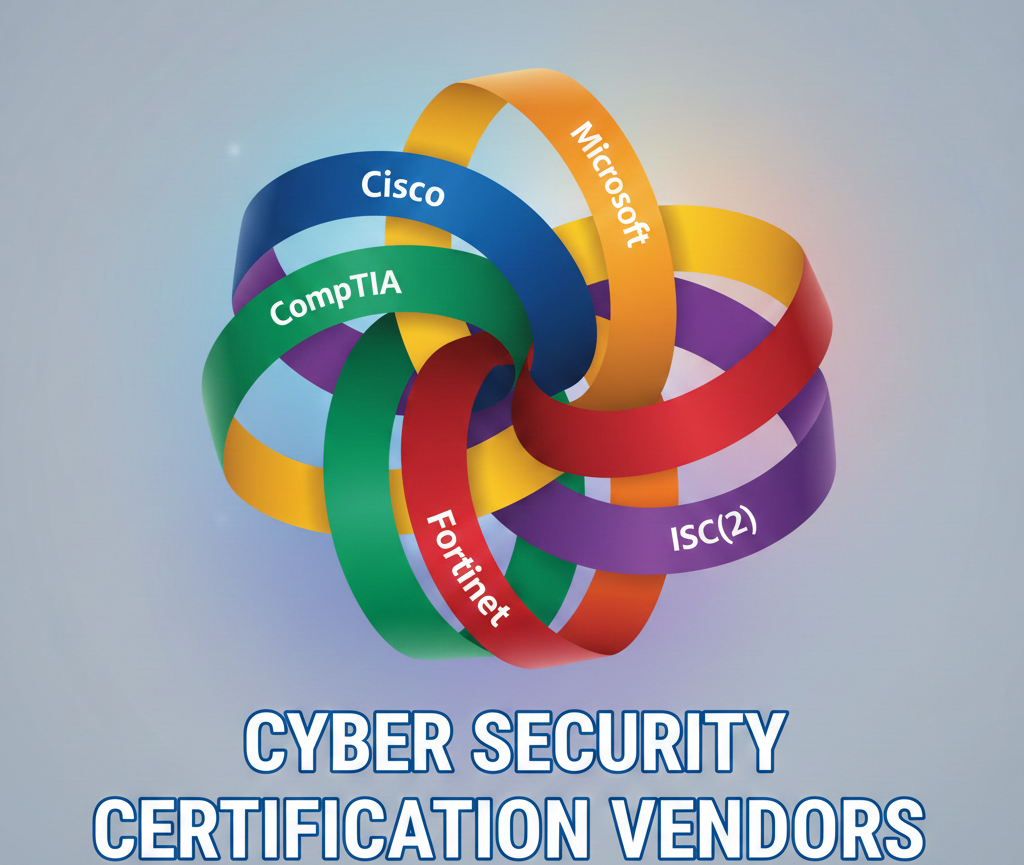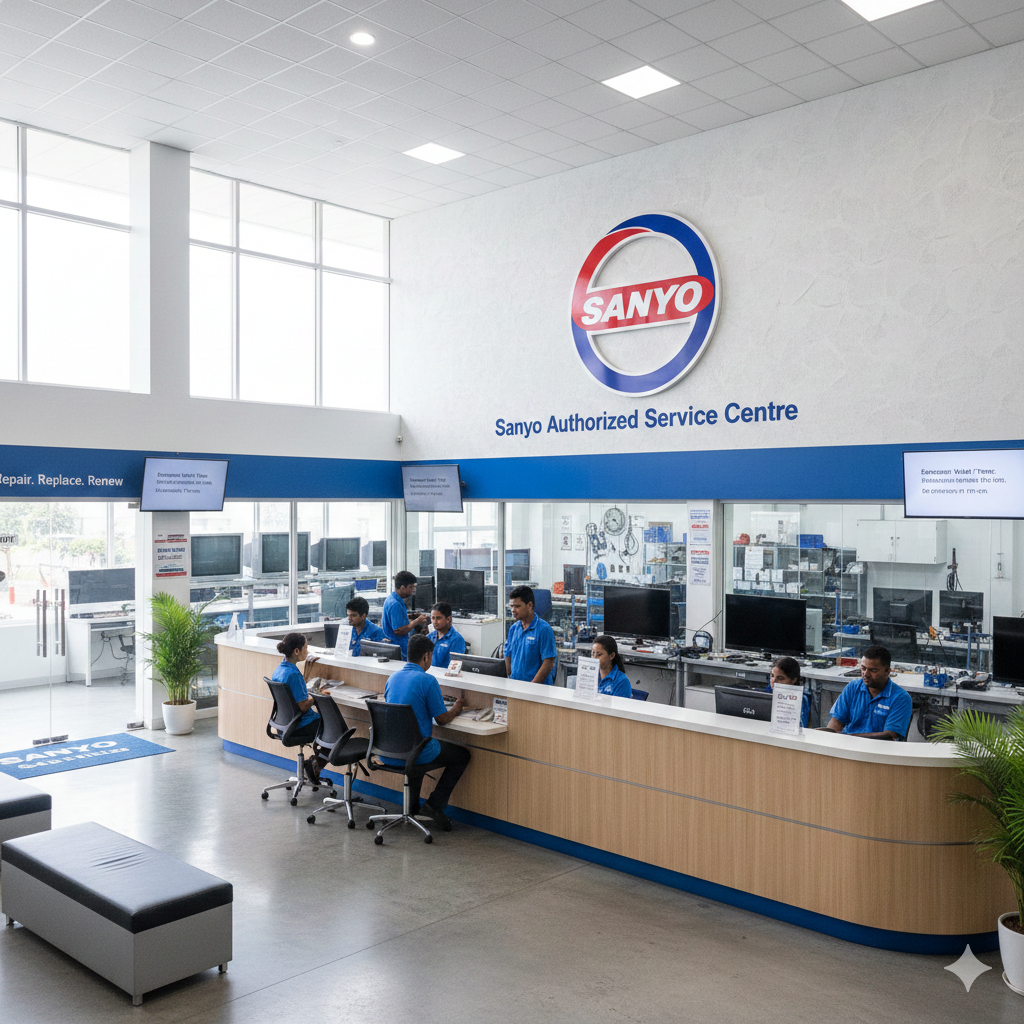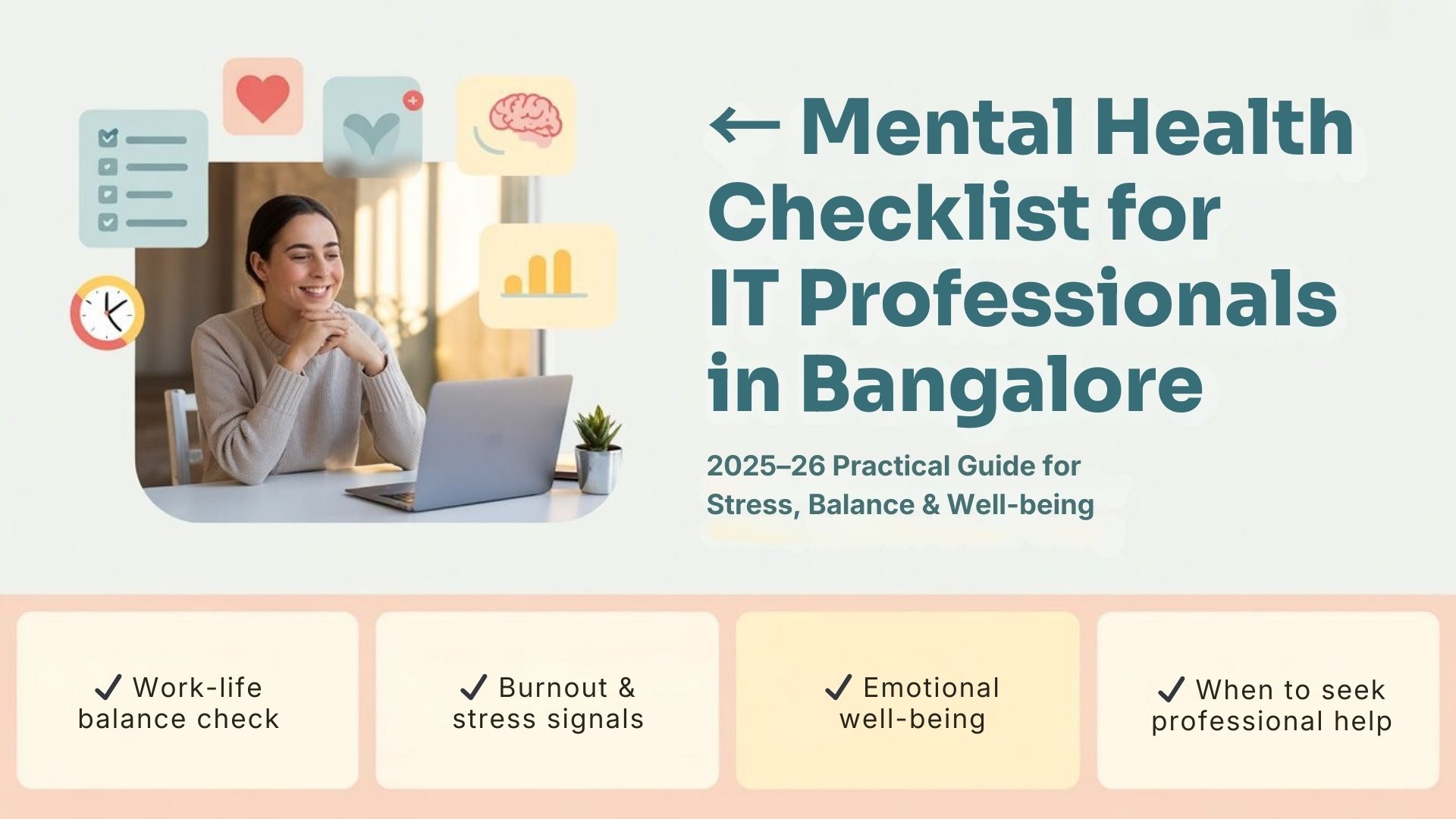Why ISO Training Should Be Your Next Business Investment

If you own a business or run an entrepreneurial venture, you probably know that building a successful company is no easy feat. There are countless things to juggle—team dynamics, customer satisfaction, operational efficiency, and staying ahead of the competition. But here’s the thing: there’s one area that often gets overlooked, yet can make all the difference in your business’s long-term success: ISO training.
You may be wondering, “ISO training? Isn’t that just for big corporations?” Well, here’s the truth: ISO (International Organization for Standardization) standards can apply to businesses of any size. Whether you’re a startup, an established business, or looking to scale, ISO certifications help businesses streamline their processes, boost efficiency, and ultimately enhance customer satisfaction. And all that? It contributes directly to your bottom line. But let’s take a step back and unpack what ISO training is all about and why it’s crucial for your business.
What Is ISO Training, Anyway?
ISO training refers to courses and programs that teach businesses how to implement, manage, and maintain various ISO standards. These are internationally recognized guidelines aimed at improving efficiency, safety, and quality across a wide range of industries—from manufacturing to technology, healthcare, and service sectors. The most common ISO certifications include ISO 9001 (quality management), ISO 14001 (environmental management), ISO 27001 (information security), and many others.
But what does that mean in simple terms?
Think of it like this: ISO training is like going to school for your business, where you learn a universal language that speaks to efficiency, risk management, and quality control. It’s like getting a toolkit that can help you fix all the little (or not-so-little) gaps that might be hindering your company’s success. If you want to streamline operations, reduce costs, and deliver better service to your customers, ISO training is the way to go.
Why ISO Training Is a Game-Changer for Business Owners
Okay, so you’re starting to see why ISO training is important, but why should you, specifically, invest time and resources into it? Well, here’s the thing: ISO standards aren’t just some checkbox you mark off. They represent a mindset shift that can have a profound impact on your business, your employees, and your customers.
1. Improved Efficiency
Businesses thrive on efficiency—getting more done with fewer resources. ISO training helps you implement processes that are clear, repeatable, and efficient. For example, ISO 9001, which focuses on quality management, provides a framework for improving processes across your organization. As a result, you’re less likely to waste time, money, and resources on activities that don’t add value. Imagine cutting down the time it takes to get products to market or reducing the steps involved in delivering customer service.
2. Increased Customer Satisfaction
One of the most overlooked aspects of running a business is how you handle your customers. ISO standards help you put quality and consistency at the center of your operations. This not only helps you deliver better products or services but also ensures that you’re meeting customer expectations every single time. Think about it: How much easier would it be to retain customers if you always delivered a top-tier experience?
3. Risk Management & Compliance
Running a business means dealing with risks—whether that’s regulatory compliance, financial uncertainties, or even the day-to-day operational risks that come with any business. ISO training helps you identify these risks and develop proactive strategies to manage them. This is especially important if you’re in a highly regulated industry like healthcare or construction, where meeting specific legal requirements can make or break your business.
4. Competitive Advantage
Let’s face it: you’re not the only business in your industry. In fact, chances are, there’s plenty of competition nipping at your heels. When you implement ISO standards and get your team ISO-certified, you instantly set yourself apart. It’s like a stamp of credibility that tells clients and customers, “Hey, we care about quality, and we’re serious about our standards.” Plus, ISO certification can open doors to new business opportunities, especially if you’re targeting international markets or working with large corporations.
5. Internal Culture Boost
Implementing ISO standards isn’t just about the customers and bottom line—it’s about your employees too. When your team is trained on these standards, it fosters a culture of continuous improvement, collaboration, and accountability. Employees know the expectations, and they can work together to ensure those standards are met every day. Over time, this builds morale and boosts employee engagement because they know they’re part of something that is designed to succeed.
How Does ISO Training Work?
Now that we know why ISO training matters, you might be wondering: how does it actually work? Well, ISO training isn’t just a one-time event. It’s an ongoing process that evolves as your business grows and the standards themselves get updated. Here’s a brief look at the typical process.
Step 1: Assess Your Needs
Not all ISO standards are relevant to every business. Before jumping in, you’ll need to assess which standards make sense for your company. Are you looking to improve customer satisfaction (ISO 9001)? Or perhaps you want to enhance environmental practices (ISO 14001)? Identifying the right standards for your business will make the training more focused and relevant.
Step 2: Choose the Right Training Program
Once you know what you need, it’s time to choose a training program. There are various options available—ranging from online courses to in-person workshops to comprehensive certification programs. The key is to find a program that fits your business’s size, industry, and budget. You might even want to bring in a consultant or an experienced ISO trainer if you’re aiming for something more tailored to your specific needs.
Step 3: Training & Certification
This is where the magic happens. During training, your team will learn how to implement ISO standards, develop systems to track progress, and establish processes that ensure compliance. The good news? ISO training doesn’t require years of study. In fact, most businesses can get their teams up to speed in a matter of days or weeks, depending on the complexity of the standard.
Step 4: Implementation
After training, it’s time to put everything into practice. Implementing ISO standards might feel a bit overwhelming at first, but this is where the real value comes in. You’ll start seeing your processes becoming more streamlined, your team more aligned, and your customers more satisfied. It’s a gradual change, but the results are worth it.
Step 5: Ongoing Improvement & Auditing
ISO standards emphasize the importance of continuous improvement. Once you’ve implemented them, you’ll need to regularly review and audit your systems to ensure they remain effective. In other words, ISO training doesn’t end with certification—it’s an ongoing commitment to bettering your business.
Is ISO Training Worth the Investment?
This is the million-dollar question. As a business owner or entrepreneur, you have limited resources, and every decision you make has to be justified. So, is ISO training worth it?
Honestly, it depends. If you’re running a small business and just trying to keep the lights on, then it might not make sense to go all in on ISO training right now. But, if you’re serious about growth—scaling your operations, attracting new customers, entering new markets, or even just making your day-to-day processes smoother—ISO training is one of the best investments you can make.
Think of it this way: ISO standards don’t just improve your business for today—they prepare you for tomorrow. In a world where businesses are under constant pressure to adapt and improve, having the ISO seal of approval can give you the edge you need to thrive.
Final Thoughts
ISO training isn’t just for big corporations; it’s for any business that wants to be more efficient, deliver better products or services, and maintain high standards across the board. It’s about setting your business up for success now and in the future. Whether you’re looking to improve customer satisfaction, reduce costs, or simply operate more smoothly, ISO standards provide a clear path to achieve those goals.
So, if you’re serious about your business’s growth and long-term success, it’s time to consider ISO training. Your customers, your employees, and your bottom line will thank you for it.


 English
English 















































































































































































































































































































































































































































































































































































































































































































































































































































































































































































































































































































































































































































































































































































































































































































































































































































































































































































































































































































































































